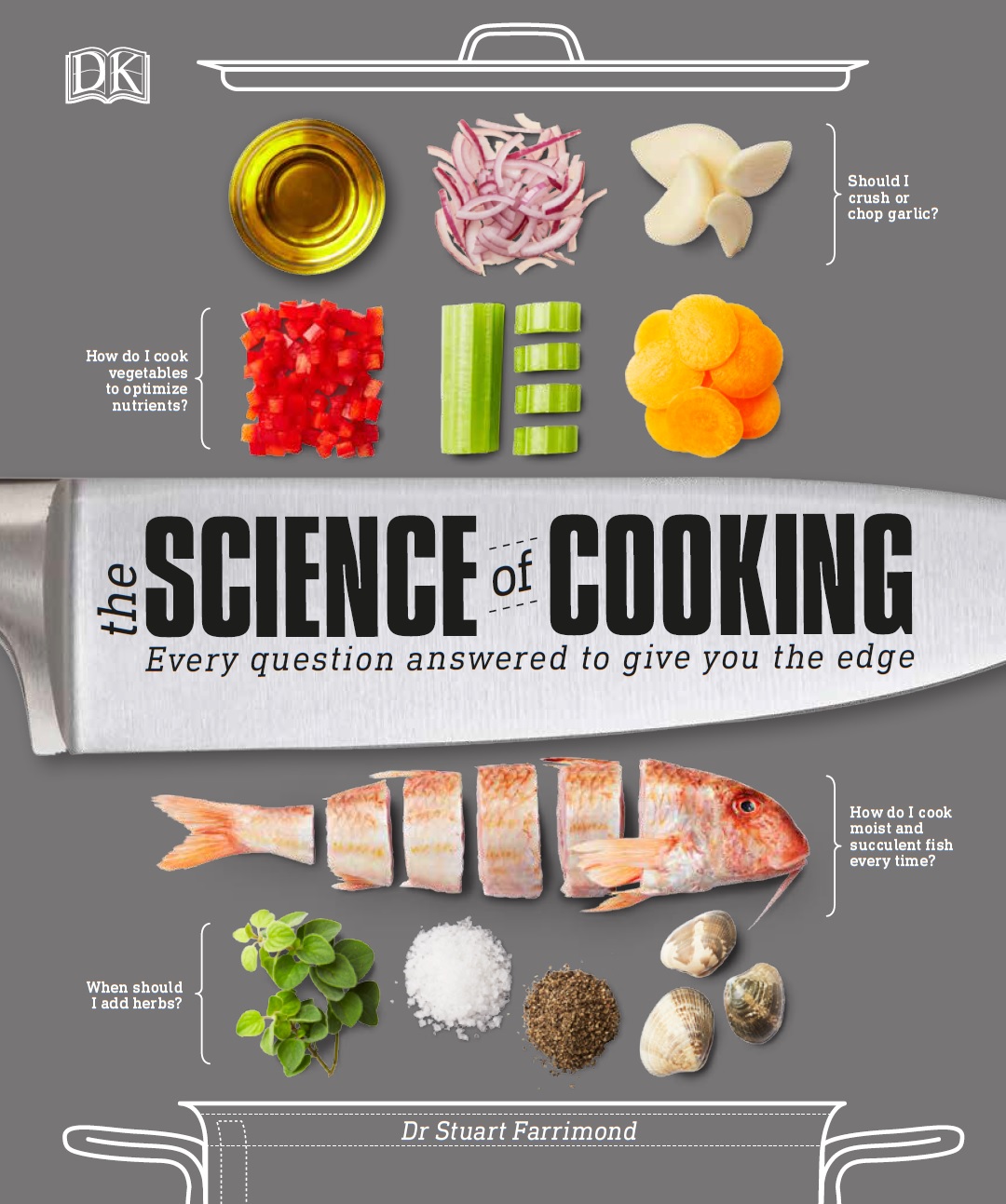 It can get depressing to reach Wednesday and the week’s food budget has already run out. It reminds me of college life. You young folk who are going to college, you’ve got it all to look forward to: independence, parties, lectures and beans on toast (not necessarily in that order). Let’s face it, with the exception of Benedictine monks, there aren’t many of us who like being short of cash.
It can get depressing to reach Wednesday and the week’s food budget has already run out. It reminds me of college life. You young folk who are going to college, you’ve got it all to look forward to: independence, parties, lectures and beans on toast (not necessarily in that order). Let’s face it, with the exception of Benedictine monks, there aren’t many of us who like being short of cash.
But living less disposable income could do our heart a world of good. Recent research shows a link between a lighter wallet, a smaller belt, and a healthier body. You never know, austerity measures and increased taxes may have a silver lining after all…
Fewer luxuries mean a longer life…
Cuba, the island of chunky cigars and silly hats, is a bit of an odd place. By Western standards it is impoverished, yet the population enjoy a surprisingly long life span - even better than some ‘developed’ countries. A left-wing leadership, and a free health service that concentrates its efforts on simple, cost-effective measures to improve health have played a huge part.
But in the early 90s, communist Cuba was exiled from much of the world; for five years the USA enforced a trade embargo - resulting in the country running out of food and fuel. The government divvied out more than a million free bicycles for commuters. People ate less, got fitter and (ultimately) as research has now shown, lived longer. During this time, the Cubans lost over half a stone from their bellies (on average); heart attacks dropped (by over a third), and rates of stroke and diabetes saw dramatic falls.
So might the same be true for us? In Europe, the US, and much of the developed world, we stare in the face of indefinite pay freezes and tax hikes. Clinging to the hope of a healthier life might be something of a silver lining to weather the storm.
…but is it true today?
Findings released a few days ago (in the British Medical Journal) draw some pretty clear and straightforward conclusions: eating less and exercising more really does work - and isn’t just a theory. I genuinely hope our ‘austerity measures’ will make us fitter but unless things change I doubt it will. Similar health improvements to those in Cuba were seen following the rationing in World War 2. But the 21st Century is now a very different world.
In the ‘land of the free’, it is easy to find cheap food. Most bargain basement food isn’t healthy: ask yourself, with a family to feed and a hectic life, would you spend £2 ($3) on two supermarket pizzas for the evening, or the equivalent on fresh produce - and then need to cook?
The people I see on our local homeless soup run have nothing and certainly don’t look healthy. Hitting rock bottom is obviously devastating. The only instance I have seen where poverty gives health opportunities is at food banks. When families still have a roof over their head - the supplies given out is simple fare - pasta, bread, tinned vegetables… the bare essentials and not much in the way of pre-packaged burgers.
Is it time for vegetable subsidies?
And so I fear that the only way all of us will achieve better health is if there is a seismic shift in the food industry and cooking our own meals becomes the normal, most affordable way of eating. Chef Jamie Oliver is departing from his ever-so-pretty and extravagant recipe books to go on another crusade - promoting how healthy food can be cooked on a budget.
Despite Mr Oliver’ good intentions, I can see now real difference happening unless processed food is made significantly more expensive (perhaps through taxes?) and simple produce made cheaper (through government subsidies?). Ideally both.
Through the gritted teeth of an ice cream addict, I feel it is time for the decision-makers to take some brave, positive action. Only then might living with less mean living longer.
Thanks for reading - all opinions expressed are my own. This blog is intended for information and entertainment purposes and is not to be used for medical or health guidance. Feel free to discuss in the comments below…
Follow @realdoctorstu
Franco, M., Bilal, U., Ordunez, P., Benet, M., Morejon, A., Caballero, B., Kennelly, J., & Cooper, R. (2013). Population-wide weight loss and regain in relation to diabetes burden and cardiovascular mortality in Cuba 1980-2010: repeated cross sectional surveys and ecological comparison of secular trends BMJ, 346 (apr09 2) DOI: 10.1136/bmj.f1515










Our morbid obesity epidemic is really worying.
One can lose weight and maintain a healthy weight and save money. Processed food is much more expensive than cooking from scratch, and water is almost free.
I maintain my weight, eating a big bowl of porridge made with milk and water nothing else for breakfast. I drink mainly tap water, hot is nice in winter, and one or two cups of decaffeinated coffee most days. I don’t eat between meals. For lunch I have 1 slice of wholemeal granary bread with a smear of butter and a little cheese, or sardines on toast, or 2 boiled eggs and 1 slice of bread and a smear of butter.plus 1 walnut. My evening meal is meat, eggs, or fish lots of lovely veg and a big portion of boiled potatoes. I dont buy all the exotic things that Jamie Oliver cooks, I look for cheap British foods. We buy a sack of potatoes, which are filling and not high in calories when boiled. I look to see how much the vegetables and meat are per kilo. Liver is such a nourishing food and so cheap while lamb is so rediculously expensive, it is just a rare treat (our farmers could produce so much more lamb; it is sad to see fields empty of sheep and cattle). Eggs are a very cheap and nutritious food. I have adapted most of my recipies to cook in my microwave this saves on fuel and no dirty cooker to clean afterwards.
One can save so much money by giving up all the unhealthy foods and drinks that are causing so many health problems in our country. If we give up sugar, (white - brown - molasses - honey - treacle; anything ending in -ose), - cakes - deserts - puddings - biscuits - chocolate - sweets - ice cream and any drink except tea and decaffeinated coffee. I haven’t room to include everything here. The GI diet evolved from research into diabetes; if you want to lose weight or eat a healthy diet look at it, but remember you don’t have to eat expensive exotic foods, just the good old basics. They recommend new potatoes, which are expensive. I recomend old potatoes, they fill me up and I don’t get cravings eating them.
Mary Berry has a part to play in our over consumption of refined sugars and refined carbohydrates.
A sugar tax on all refined sugar at source would go along way to helping ‘OUR NHS’ cope with the fallout from our consumption of refined Sugars and refined Carbohydrates. We need to educate people about the dangers.
Often people tell me that they don’t eat sugar; they mean that they dont add refined sugar to their food. These people think that honey is a good alternative to sugar, but it is refined sugar which the busy bees spend all thier lives refining for us.Processed foods are full of HIDDEN sugars, anything that ends in -ose is refined sugar. The lactose that is in milk is fine, as is the fructose naturally in fruit and vegetables eaten in moderate amounts, but make them in to smoothies, and one would be consuming too much. We are becoming a nation of SOCIAL DRINKERS, Alcohol is made with sugar and it doesn’t quench thirst, it destroys lives. I could go on and on but the best way to lose weight and then most importantly to maintain it, is to have a healthy lifestyle, avoiding processed food, and only drinking water from the tap for hydration. Doctor Hillary Jones who often speaks on ITV said ” Don;t read labels on food, Just eat foods and drinks that don’t have labels.
To anyone who is used to eating and drinking a lot of refined sugars and refined carbohydrates this may seem unachievable. I was 17 stones at my maximum and Yo Yo dieted for years. At last I have lost my addiction to sugars (if it can be labelled an addiction). I prefer the taste of juicy carrots to chocolate now, and at 71 years old I have healthy levels of sugars, cholesterol, and blood pressure. Exercise doesn’t lose weight, but it is esential for mental and physical health and if you get out and do exercise, you are away from ‘boredom eating’.
If you read the GI diet, it explains why eating refined sugars and refined carbohydrates makes us eat more, by affecting our sugar levels.
Posted by Christine Gale | January 19, 2018, 9:54 pm